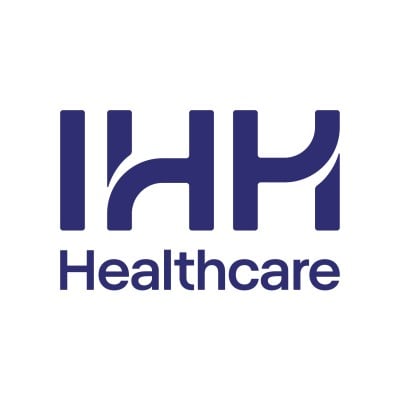
St. Luke's University Health Network
Founded in 1872, St. Luke’s University Health Network (SLUHN) is a fully integrated, regional, non-profit network of more than 23,000 employees providing services at 16 campuses and 350+ outpatient sites. With annual net revenue of $4 billion, the Network’s service area includes 11 counties in two states: Lehigh, Northampton, Berks, Bucks, Carbon, Montgomery, Monroe, Schuylkill and Luzerne counties in Pennsylvania and Warren and Hunterdon counties in New Jersey. St. Luke’s hospitals operate the largest network of trauma centers in Pennsylvania, with the Bethlehem Campus being home to St. Luke’s Children’s Hospital. Dedicated to advancing medical education, St. Luke’s is the preeminent teaching hospital in central-eastern Pennsylvania. In partnership with Temple University, the Network established the Lehigh Valley’s first and only four-year medical school campus. It also operates the nation’s longest continuously operating School of Nursing, established in 1884, and over 50 fully accredited graduate medical educational programs with more than 500 residents and fellows. In 2022, St. Luke’s, a member of the Children’s Hospital Association, opened the Lehigh Valley’s first and only free-standing facility dedicated entirely to kids. SLUHN is the only Lehigh Valley-based health care system to earn Medicare’s five-star ratings (the highest) for quality, efficiency and patient satisfaction. It is both a Leapfrog Group and Healthgrades Top Hospital and a Newsweek World’s Best Hospital. The Network’s flagship University Hospital has earned the 100 Top Major Teaching Hospital designation from Premier 13 times total and eleven years in a row, including in 2023 when it was identified as THE #4 TEACHING HOSPITAL IN THE COUNTRY.






